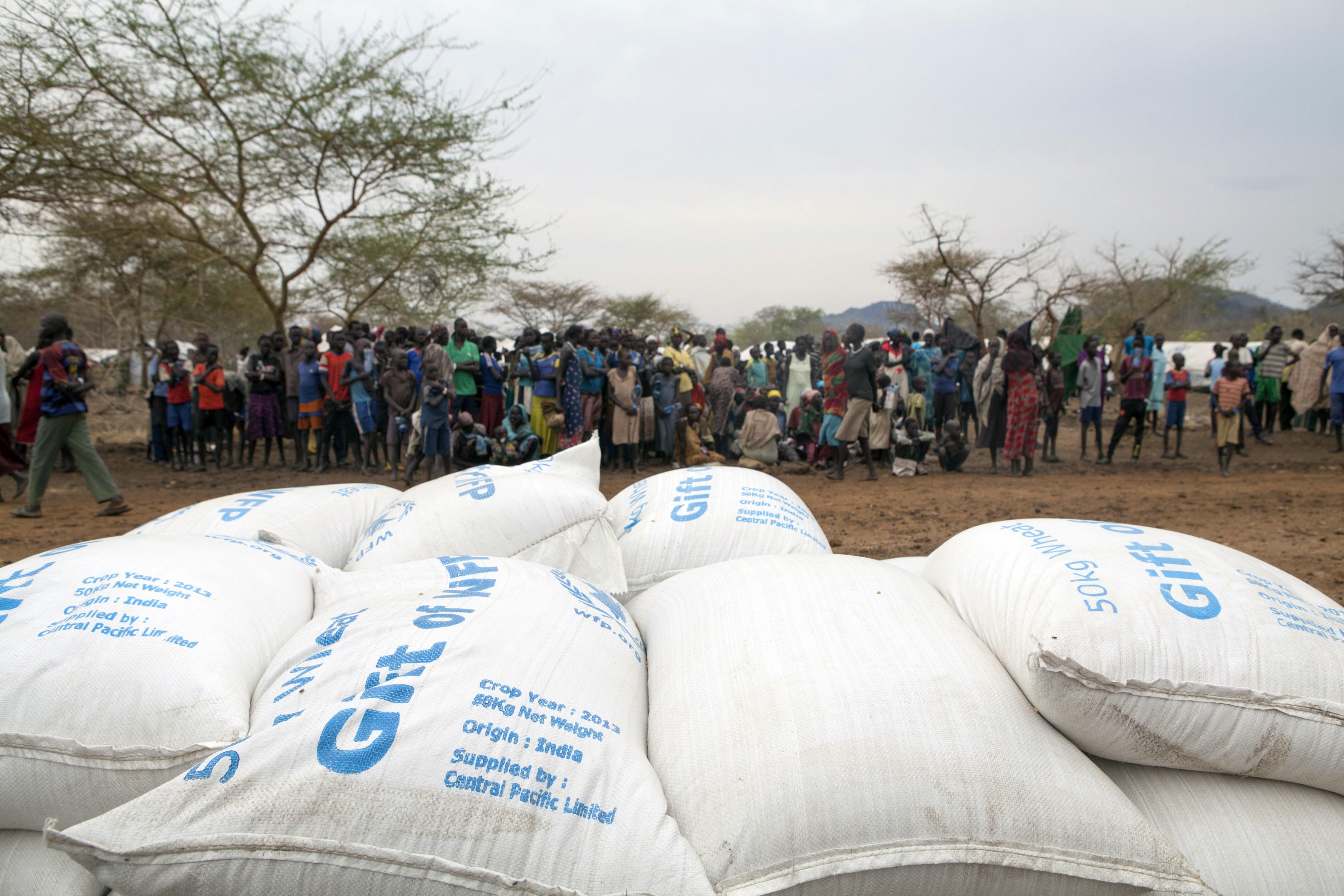South Sudan’s government says the death toll of a massacre last Tuesday in the town of Bentiu is now over 400. The massacre was just the latest manifestation of violence that began last December as a political feud between President Salva Kiir and ousted Vice President Riek Machar, exposing a rift between their respective Dinka and Nuer ethnic groups. More than 1 million people have been displaced since the fighting began last December and the violence has sharply escalated in the past two months.
The U.N. has accused Machiar’s forces of carrying out the massacre, targeting civilians based on ethnicity and using a local FM radio station to broadcast hate speech in the area.
Machiar has denied involvement. The U.N.’s top humanitarian official the country, meanwhile, called the massacre, particularly the broadcast of hate speech that helped spur it, a “game changer”:
He said thousands of civilians were now streaming to the UN base in Bentiu fearing that more violence was imminent. The cramped base holds 25,000 people and has very little water and only one latrine per 350 people.
The country is seemingly on the verge of collapse, and the violence is taking on an explicitly ethnic character, but the biggest threat may be still to come. A report issued yesterday by Oxfam and more than a dozen other humanitarian agencies warned that “up to 7 million South Sudanese people are at risk of severe food insecurity in 2014-2015”:
For farmers, the last few months have been disastrous. With rains underway in the southern regions, and imminent in other places, planting is not on track, and a significant food shortage is anticipated this year. Countless people have already lost cattle due to raiding, disease, and abandonment while fleeing conflict. With 3.7 million people already in need of immediate assistance, this is likely to trigger an even larger food crisis; activities that people usually engage in before the rainy season and in preparation for the lean season have become impossible.
Planting requires people, seeds and equipment to be in the right place at the right time during the planting season of April and May. This has not happened this year due to conflict displacing people, agricultural equipment being destroyed or stolen, and low availability of seeds due to crisis related consumption.
The fighting has also destroyed many markets, and food aid has been stolen throughout the conflict.
“While it’s not yet clear whether a full-blown famine will emerge, a significant food and nutrition crisis is underway right now,” the report concludes. As past crises have amply demonstrated, food insecurity and political instability can be mutually reinforcing.
The crisis in the world’s newest country seems to be entering a dangerous new phase.
